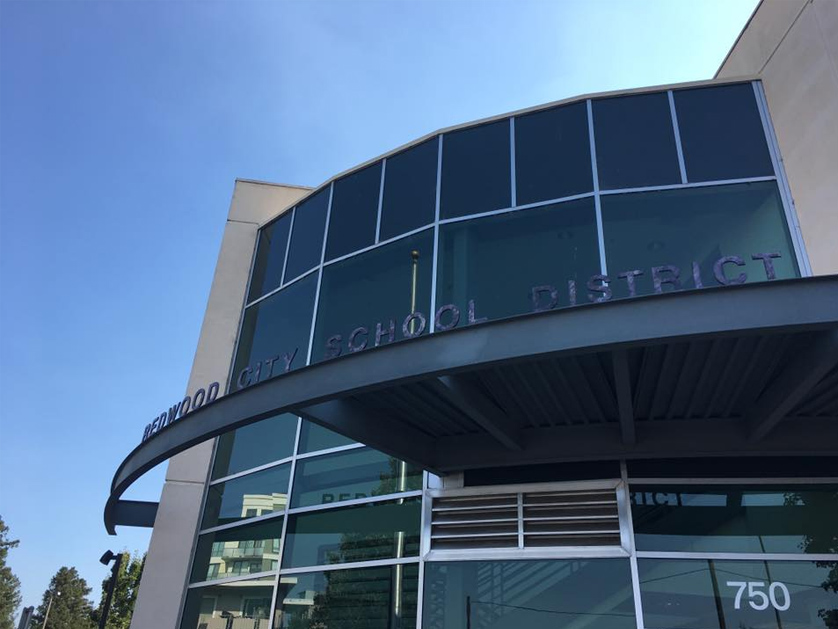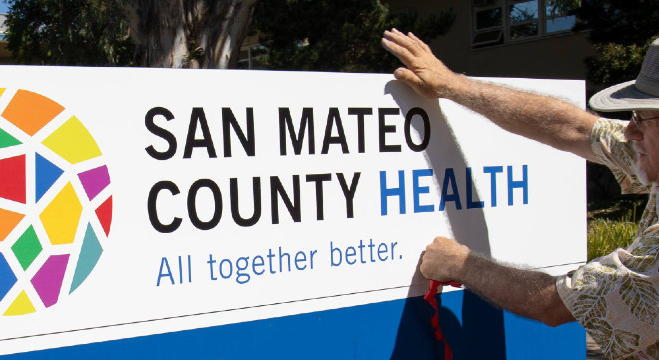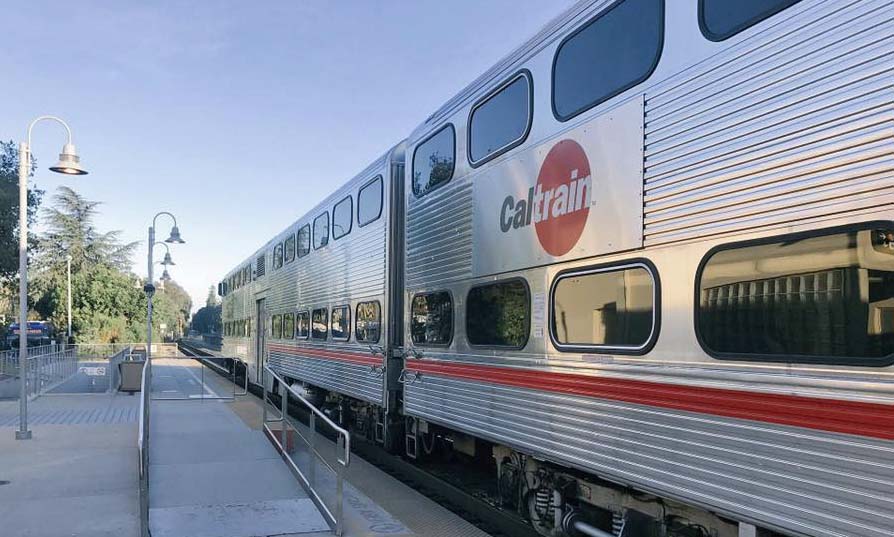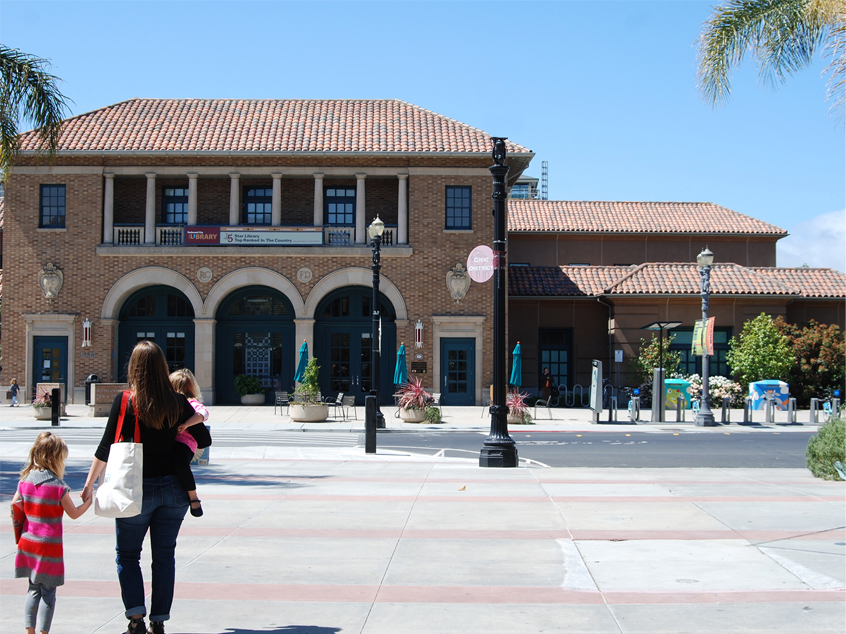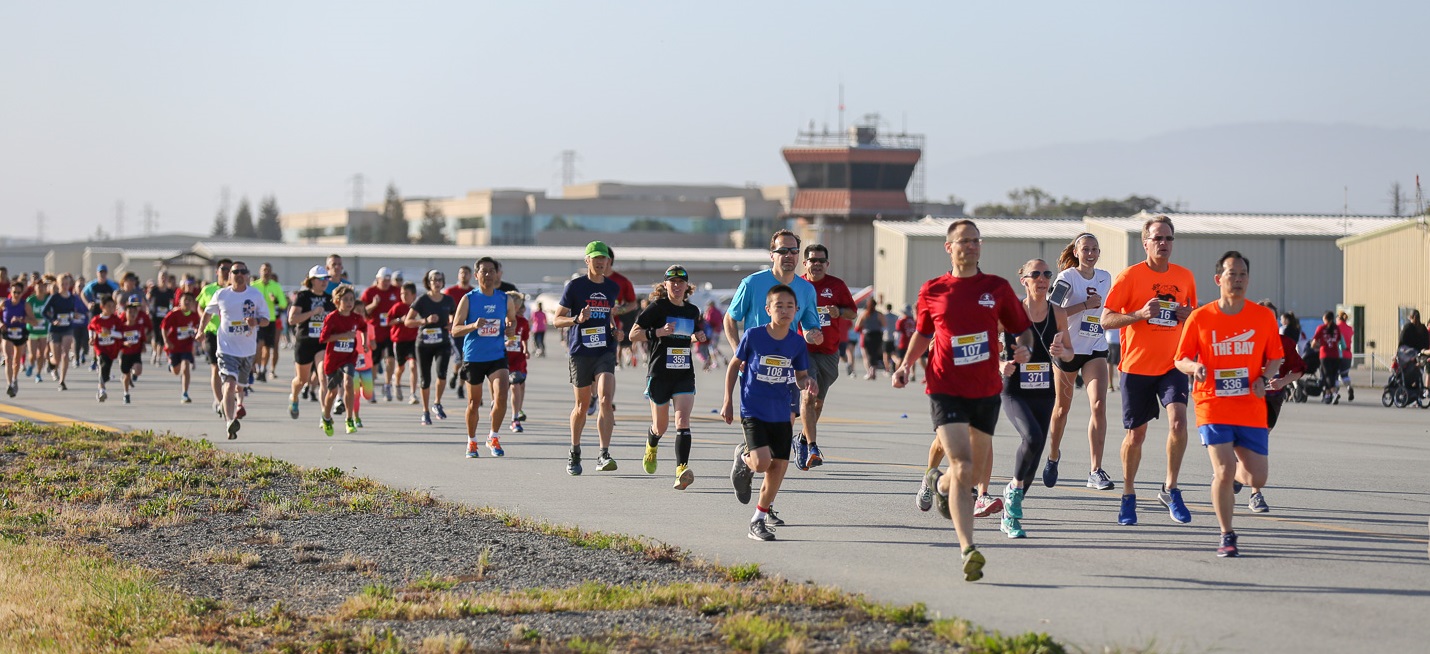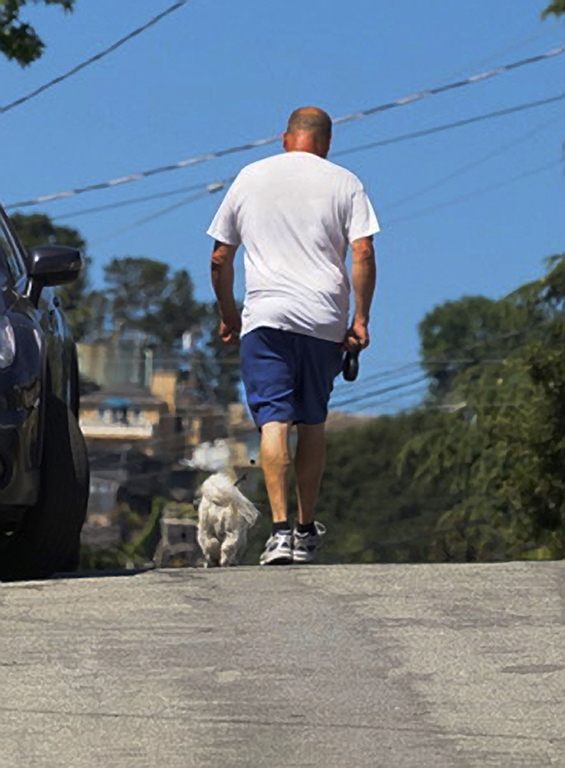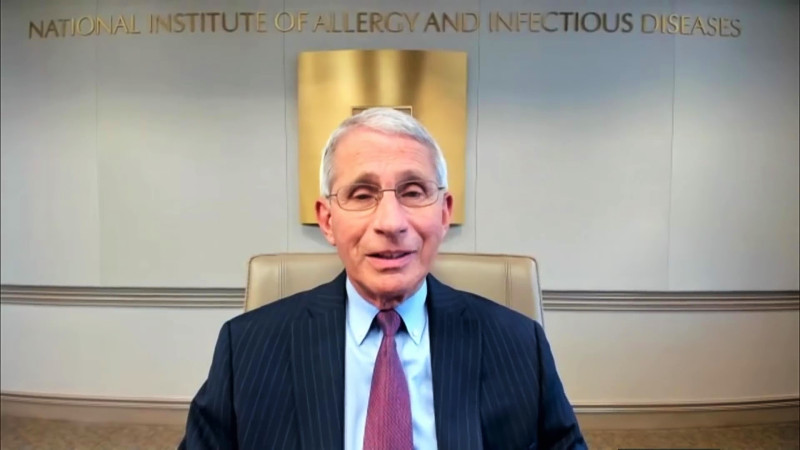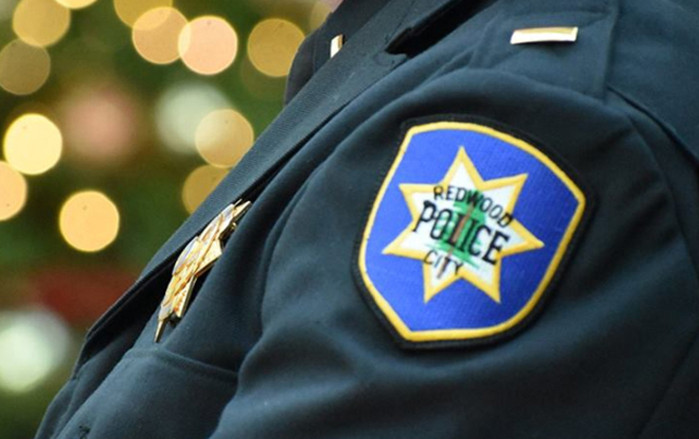Clipper START offers discounts for low-income transit riders
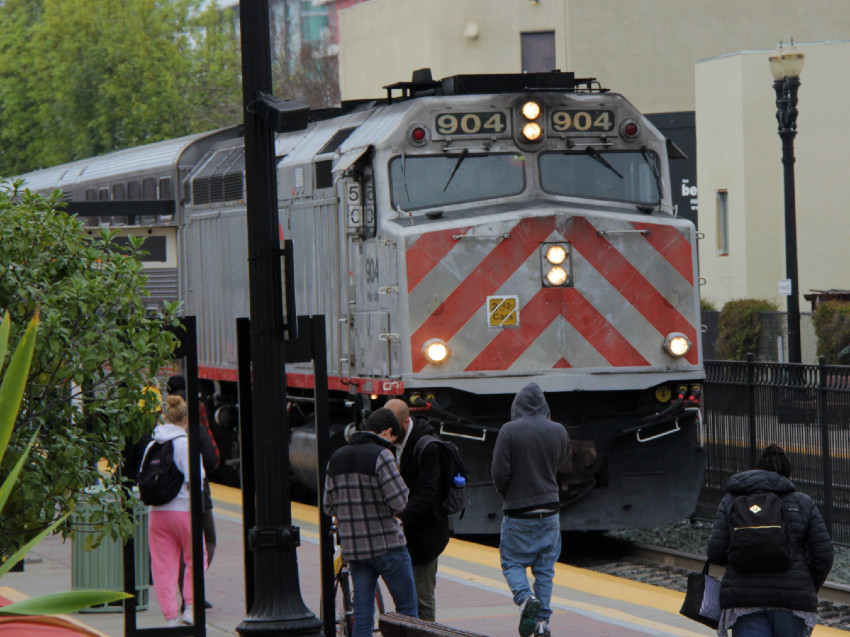
A new pilot program is providing big discounts for low-income riders between ages 19 and 64. It includes a 50 percent discount for Caltrain, SF Muni, Ferry and Golden Gate Transit, and a 20 percent discount on BART.
The 18-month pilot, called Clipper START, is offering the discounts to riders whose household incomes are no more than twice the federal poverty level.
Clipper START was initiated by Bay Area transit agencies and the Metropolitan Transportation Commission (MTC). Caltrain says it supports riders who are most dependent on its system. While Caltrain ridership dropped dramatically during the COVID-19 shelter-in-place order, low-income riders continued to board Caltrain as frequently as they did prior to the pandemic, according to the transit agency, citing a COVID-19 rider survey.
In order to be eligible for the Clipper START program, applicants must go online and submit a copy of an Electronic Benefits Transfer (EBT) card or Medi-Cal card, a county benefits eligibility letter, their Muni Lifeline card number or a copy of their last federal tax return to demonstrate their eligibility. Once approved, riders will receive a personalized Clipper card that must be loaded with cash value before use.
To learn more about the Clipper START program and to apply online, visit www.clipperstartcard.com.

